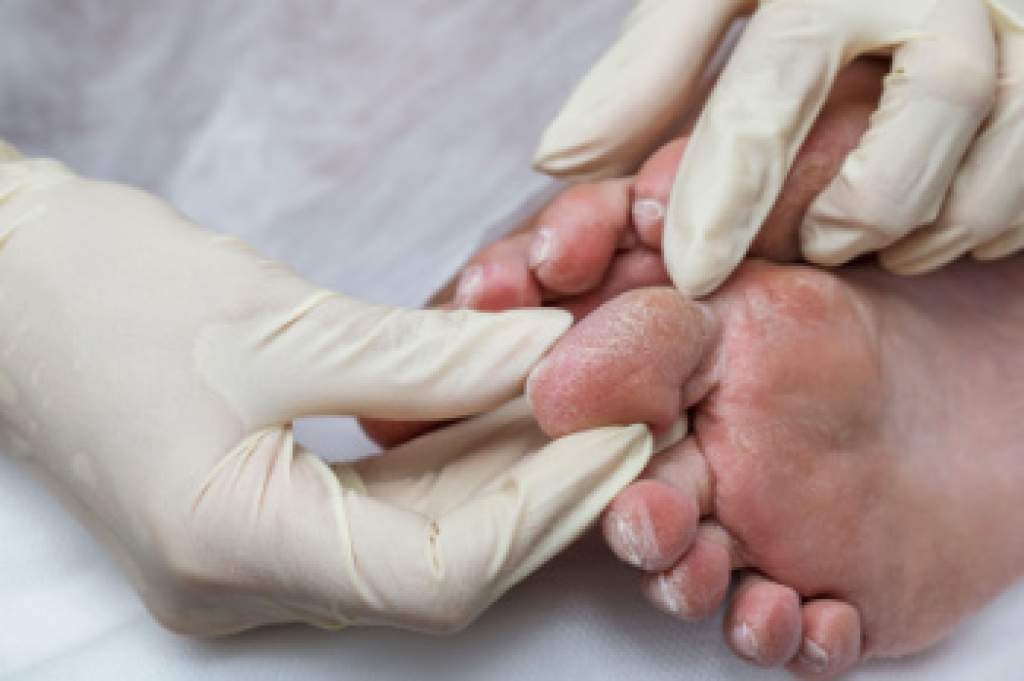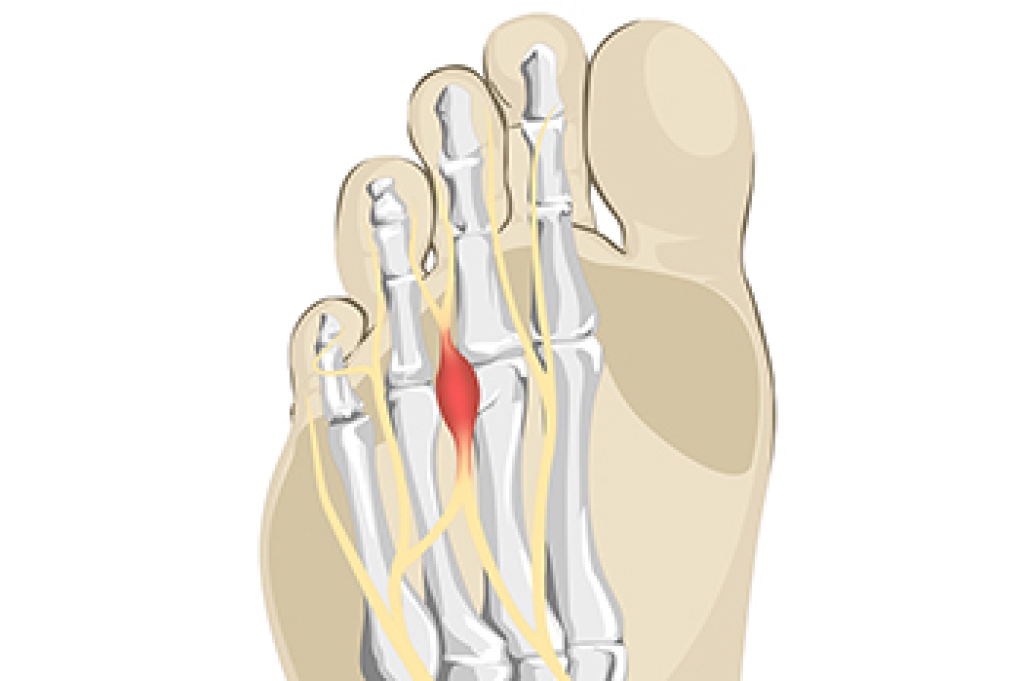
In individuals living with diabetes and reduced sensation in the feet, skin warmth can offer important clues about tissue health. Under normal conditions, both feet tend to show similar surface warmth when measured at matching locations. Small variations are expected, but noticeable differences between the left and right foot may signal irritation, inflammation, or increased stress on one area. Consistently higher warmth at a specific spot can appear before visible skin breakdown or pain develops, especially in people who do not feel early warning signs. Daily activity, footwear, circulation, and swelling can all influence readings, which is why patterns matter more than a single measurement. Monitoring changes over time helps identify potential problems early and supports preventive care strategies. When unusual warmth differences, redness, or skin changes are noticed, it is suggested that a podiatrist is seen for a proper evaluation and appropriate treatment.
Diabetic foot care is important in preventing foot ailments such as ulcers. If you are suffering from diabetes or have any other concerns about your feet, contact one of our podiatrists from Houston Foot and Ankle. Our doctors can provide the care you need to keep you pain-free and on your feet.
Diabetic Foot Care
Diabetes affects millions of people every year. The condition can damage blood vessels in many parts of the body, especially the feet. Because of this, taking care of your feet is essential if you have diabetes, and having a podiatrist help monitor your foot health is highly recommended.
The Importance of Caring for Your Feet
- Routinely inspect your feet for bruises or sores.
- Wear socks that fit your feet comfortably.
- Wear comfortable shoes that provide adequate support.
Patients with diabetes should have their doctor monitor their blood levels, as blood sugar levels play such a huge role in diabetic care. Monitoring these levels on a regular basis is highly advised.
It is always best to inform your healthcare professional of any concerns you may have regarding your feet, especially for diabetic patients. Early treatment and routine foot examinations are keys to maintaining proper health, especially because severe complications can arise if proper treatment is not applied.
If you have any questions, please feel free to contact our offices located in Kingwood, Humble, The Woodlands, and Conroe, TX . We offer the newest diagnostic and treatment technologies for all your foot care needs.




